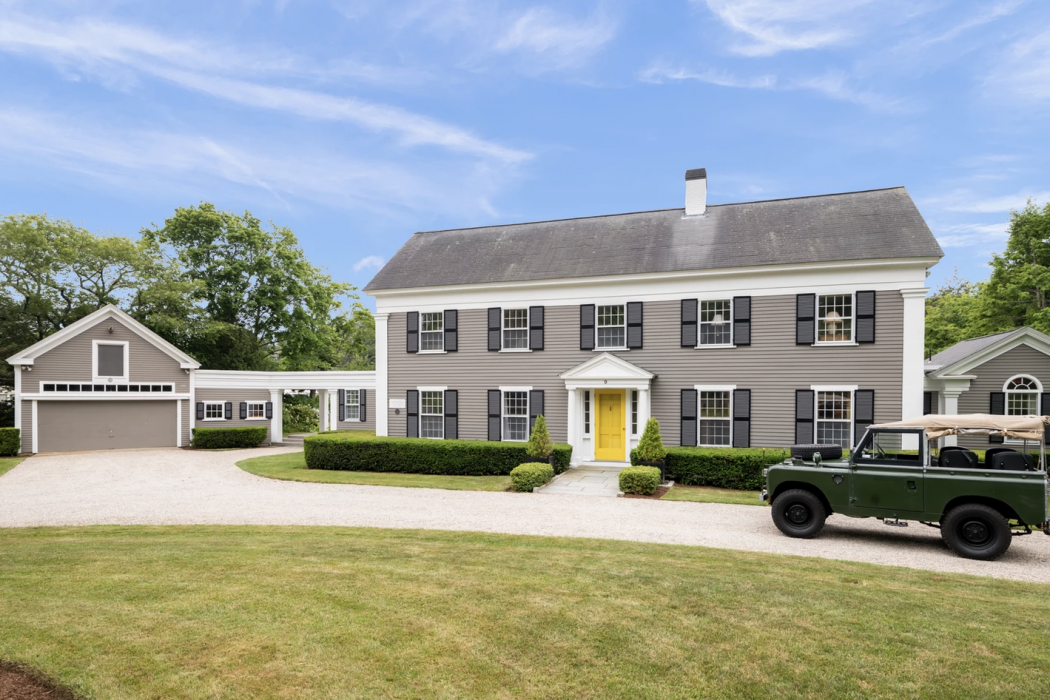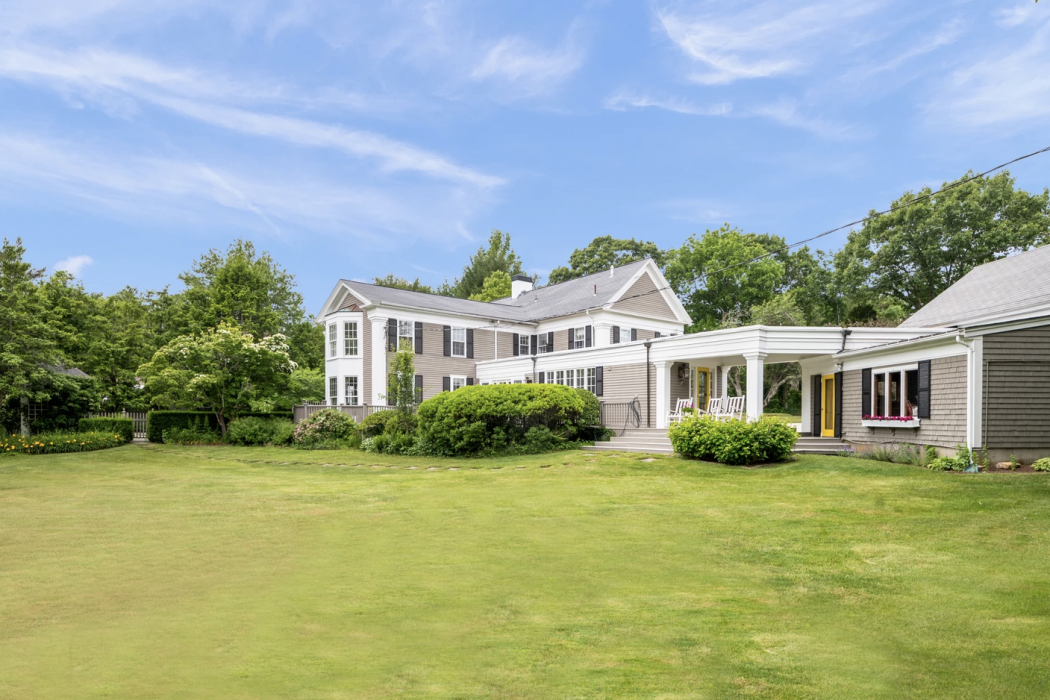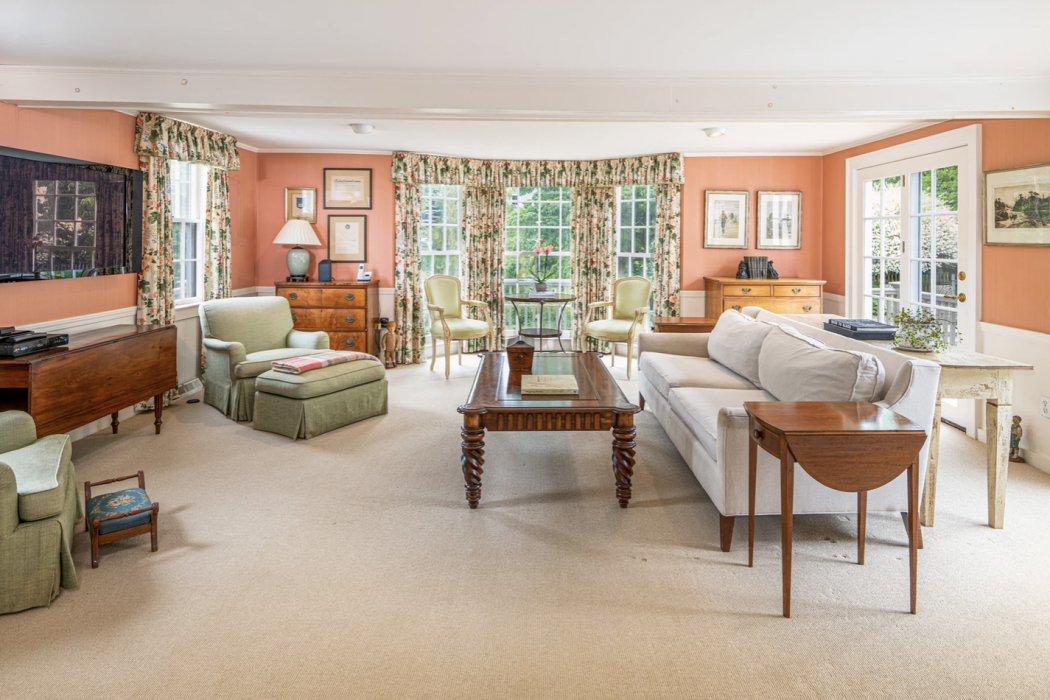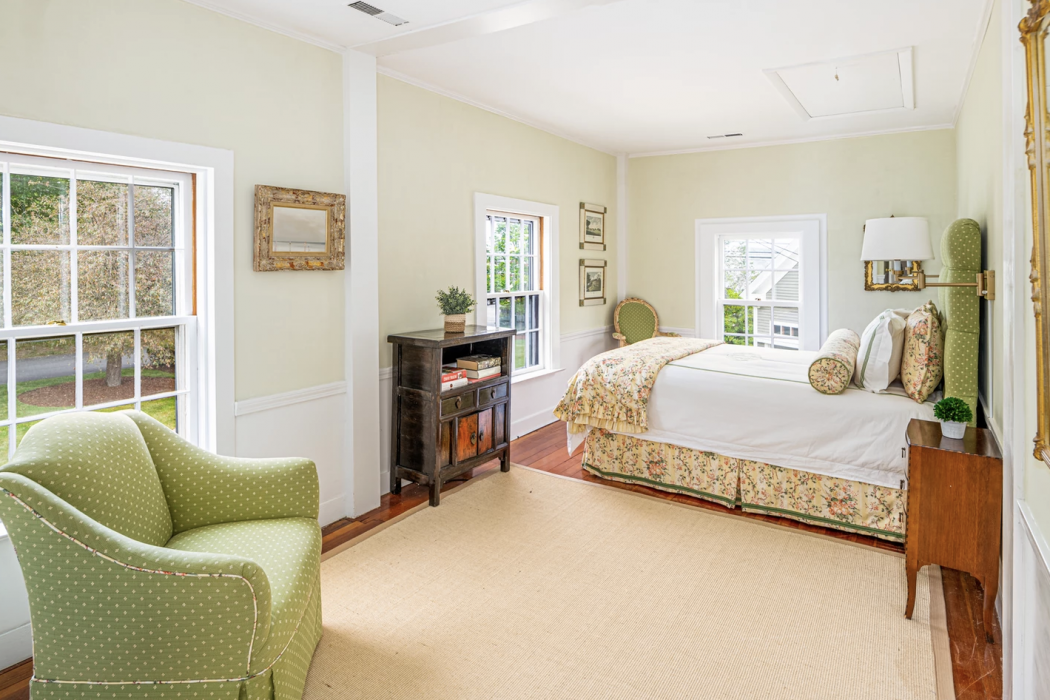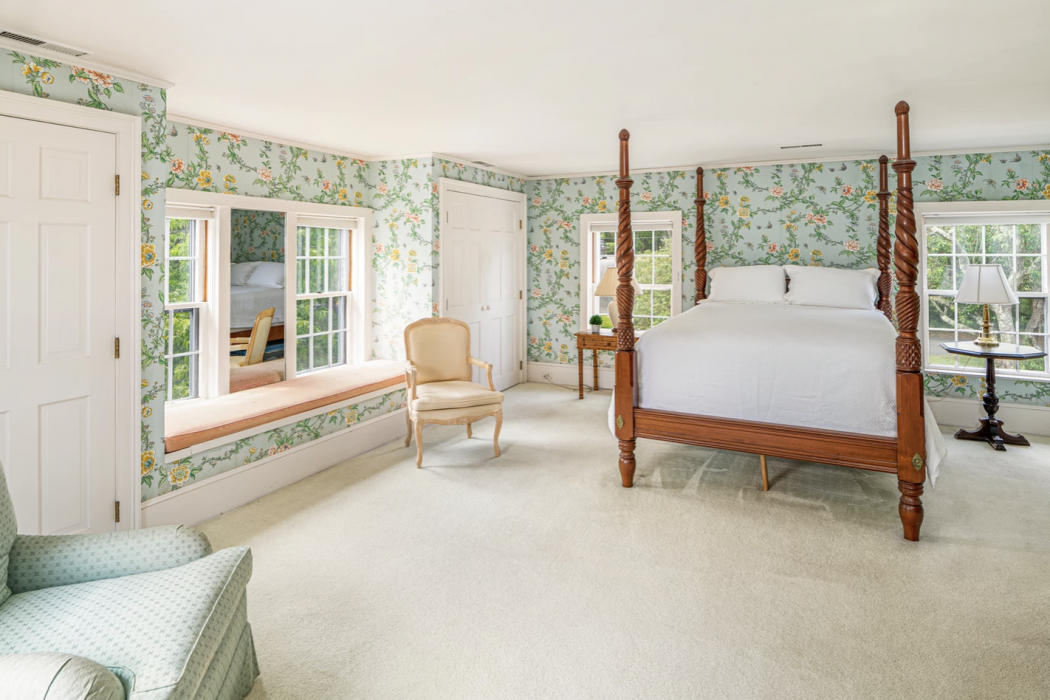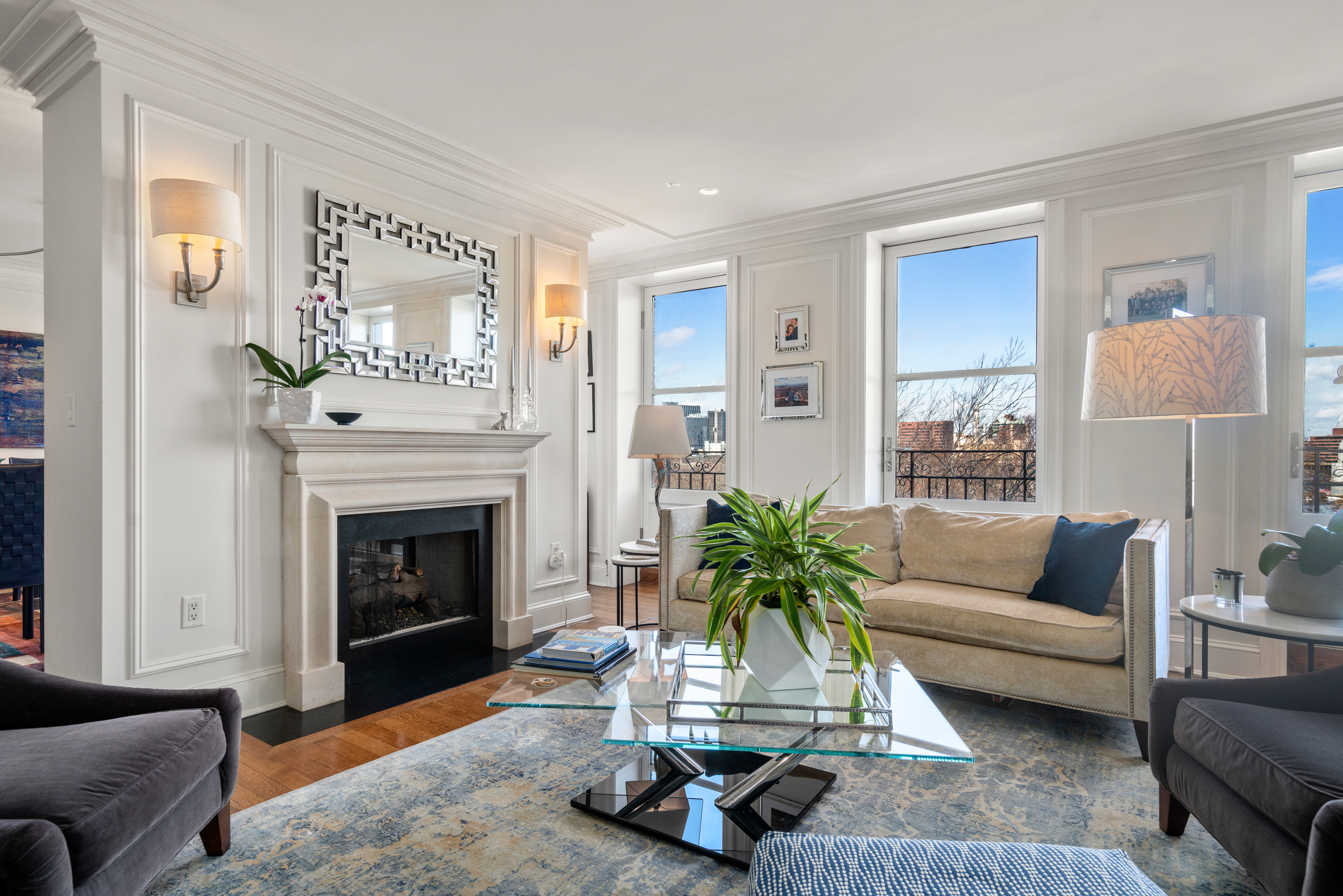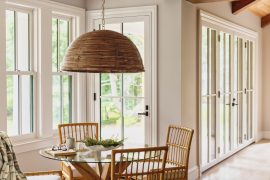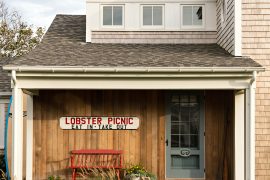More than just an “old” house, a historic home offers buyers a chance to live in a structure filled with character and charm and to keep alive the remarkable stories of past decades. New Englanders have dozens of historic styles sprinkled throughout our six states – from Colonial, Georgian, Greek revival, Queen Anne and more. Choosing one of those classic homes can be a thrill, but there are important considerations any potential owner should know.
“The first thing I suggest to anyone looking for a home like this is to pay attention to location,“ says Allison Cayzer, who is part of the Ricardo Rodriguez & Associates team with Coldwell Banker. “I grew up in Duxbury in an historic house, so I was immersed in it from an early age,” says Cayzer, who returned to her hometown to live and work after several years in Boston. “We have an incredible neighborhood here, the shipbuilding area, which has many old and historic homes and is a very desirable location.”
Next, a prospective buyer should seek information about the integrity of the home, including asking for inspections, and observe what, if any, upgrades have been made. “You really want to see that the owners have balanced history with contemporary comfort,” she says. For many properties, including one of Cayzer’s listings in Duxbury at 9 Beaverbrook Lane, the exterior is where property owners keep history intact. “You can maintain the classic appearance on the outside, while making updates in kitchens and bathrooms for a more modern and practical home,” says Cayzer.
The Beaverbrook home, known as ‘Sprague Hall’ is a circa 1795 structure, originally built as a sail loft by Seth Sprague, a successful ship builder, trader and politician. It was converted to a residential property in 1952, with the same family owning it ever since. “You can still see some of the really cool historic elements inside, such as the original wide pine flooring and timber beams,” says Cayzer, “but it also has been renovated over the years with additional spaces added, such as a new library, den, master suite and upgraded kitchen.” The property also boasts a two-car garage with lofted storage space, wrap-around decks, and a heated in-ground pool with surrounding bluestone patio. “I think one of the beautiful things about historic homes is that you can keep the old structure but still add onto it to make it your own,” says Cayzer.
Another aspect for potential owners to consider before buying a historic home are the requirements and regulations of local historical societies and commissions. Cayzer notes that Duxbury has an excellent historic commission that works with property owners to preserve and protect important buildings.
“ There is a demolition delay in place,” she says, “so when someone buys a historic structure they have to offer it for sale for a full year before tearing it down.” This has proven to help save many buildings of note, by ensuring history lovers have time to find their perfect structure.
Cayzer ends with the observation that with a limited supply, owning a historic home comes with a certain caché. “Anyone can buy land and build a new house, but there are only so many former sail lofts from the eighteenth century out there,” she says. “ These kinds of homes are definitely sought after and valued.” https://www.9beaverbrookduxbury.com

